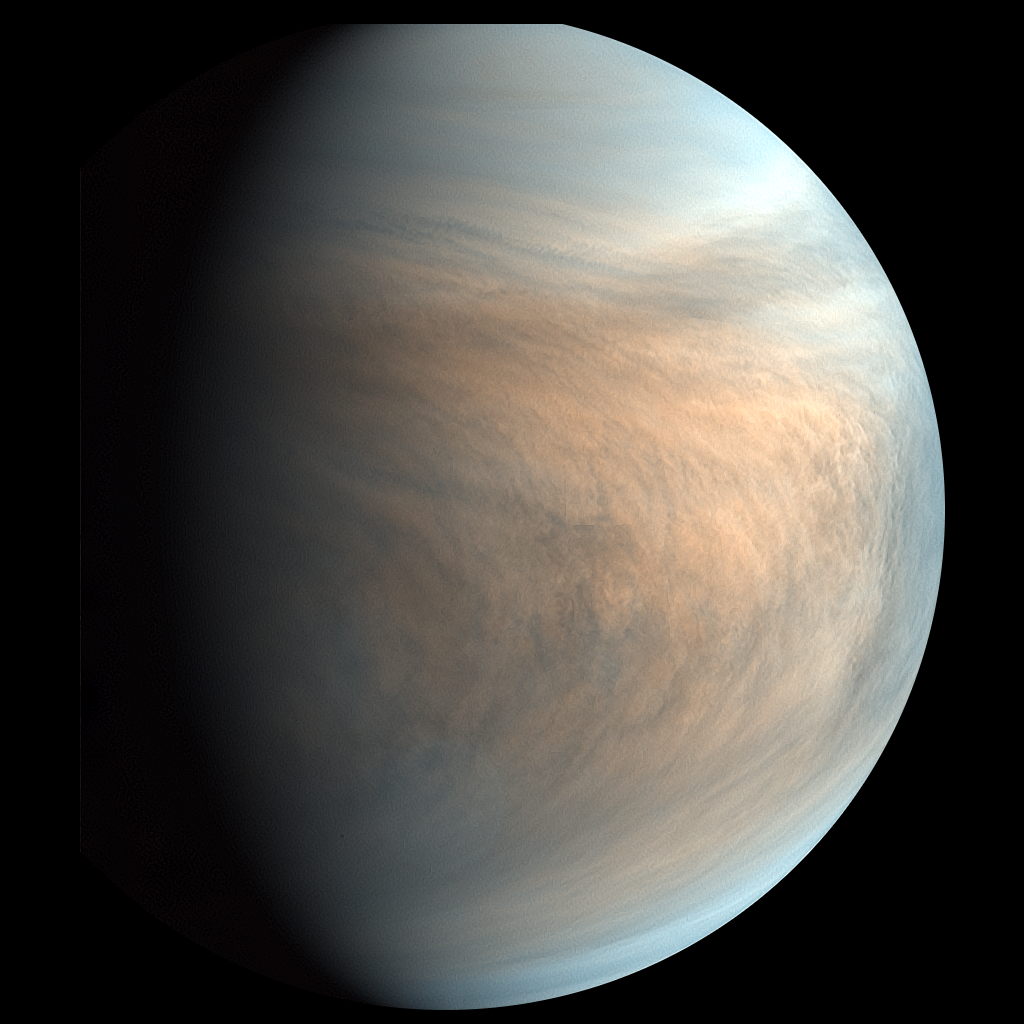Life on Venus? Special gas discovery reignites debate
Published 12:08 pm Monday, July 17, 2023

- (ISAS/JAXA photo)
The ongoing mystery surrounding the detection of phosphine gas in the clouds of Venus may potentially point to life on the planet, according to researchers.
The gas, typically produced by living organisms on Earth, was first identified on Venus by a team led by Jane Greaves of Cardiff University in 2020. A recent study, published in Nature Astronomy in January 2023, reaffirmed its presence, using data from the James Clerk Maxwell Telescope.
While the source of the gas remains uncertain, the findings have reignited debates among scientists over its origin, with some arguing that the volume of phosphine is too high to result from non-biological processes.
Trending
Venus, known for its extreme conditions, including lead-melting surface temperatures and an atmospheric pressure 90 times that of Earth, might not seem an ideal environment for life. However, phosphine’s presence concentrated in the upper clouds of Venus suggests an origin beyond the reach of volcanic or non-biological sources.
Scientists have also discovered organic molecules in Venus’s atmosphere, hinting at a more hospitable past. Some evidence even suggests the existence of a liquid ocean on the planet in the distant past.
If phosphine is indeed a byproduct of life, it would be a groundbreaking revelation. Such a finding would not only suggest life’s resilience in the harshest environments within our solar system but also propel the search for extraterrestrial life into uncharted territories.
However, more research is required to confirm these implications. With many exciting possibilities, the origin of phosphine gas on Venus remains a tantalizing scientific mystery.





